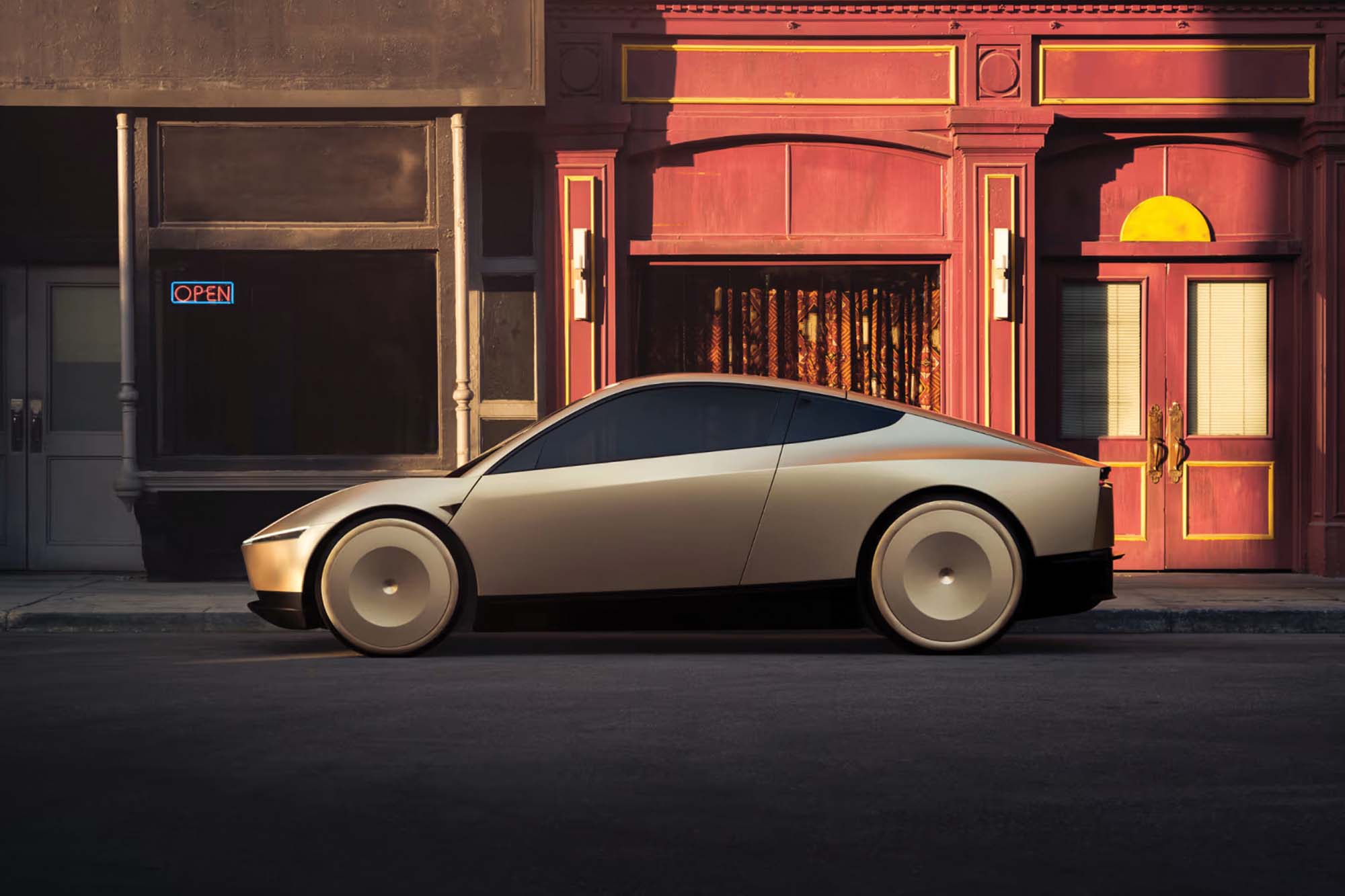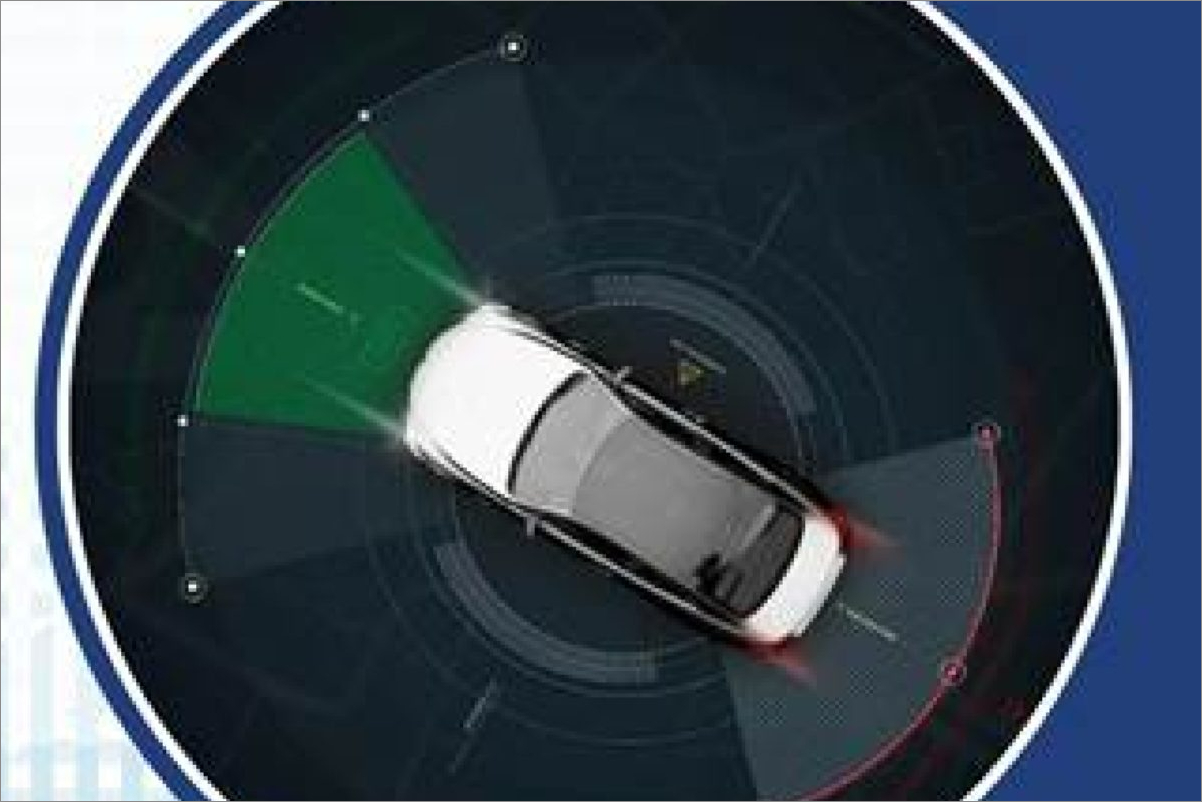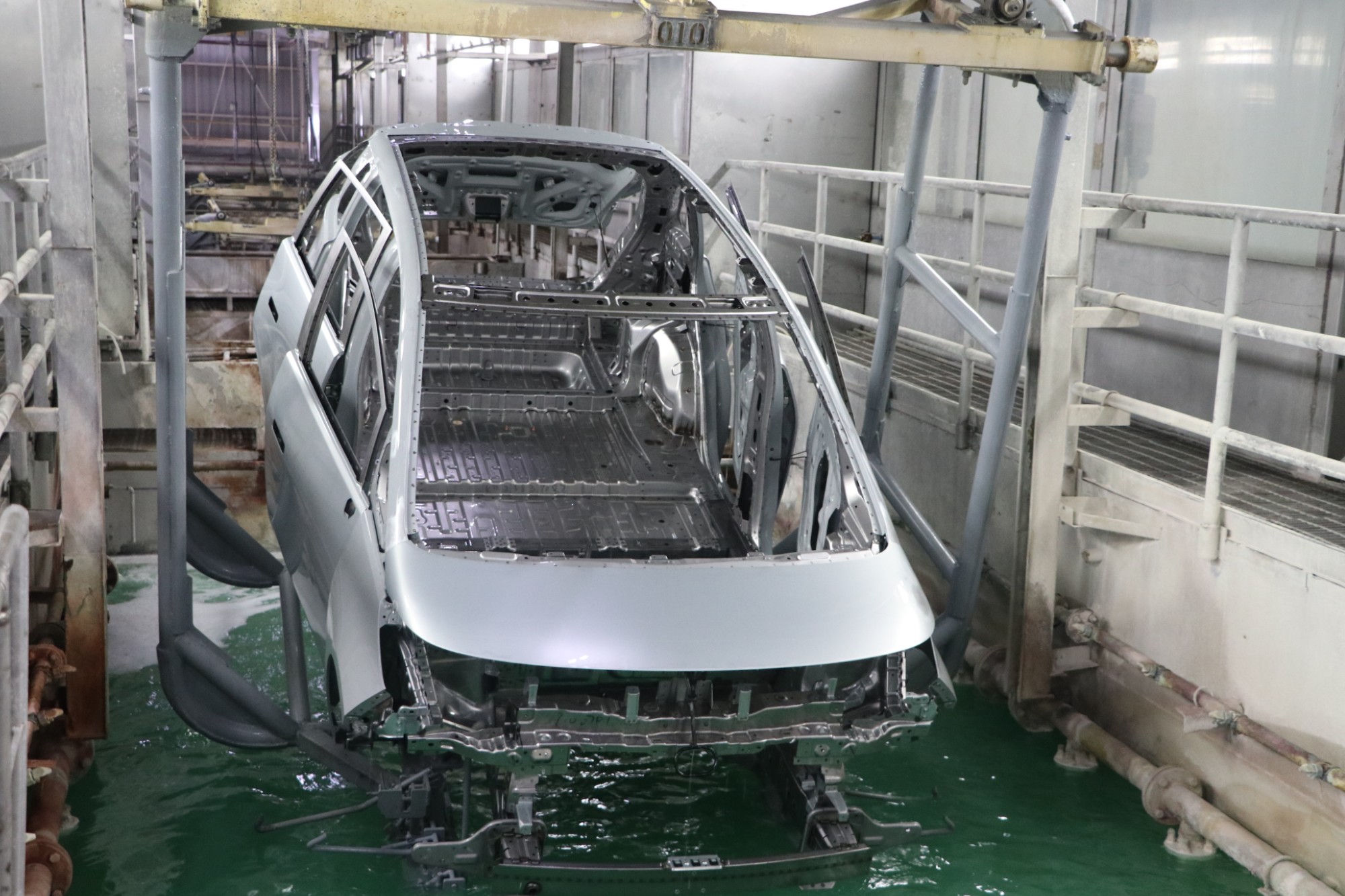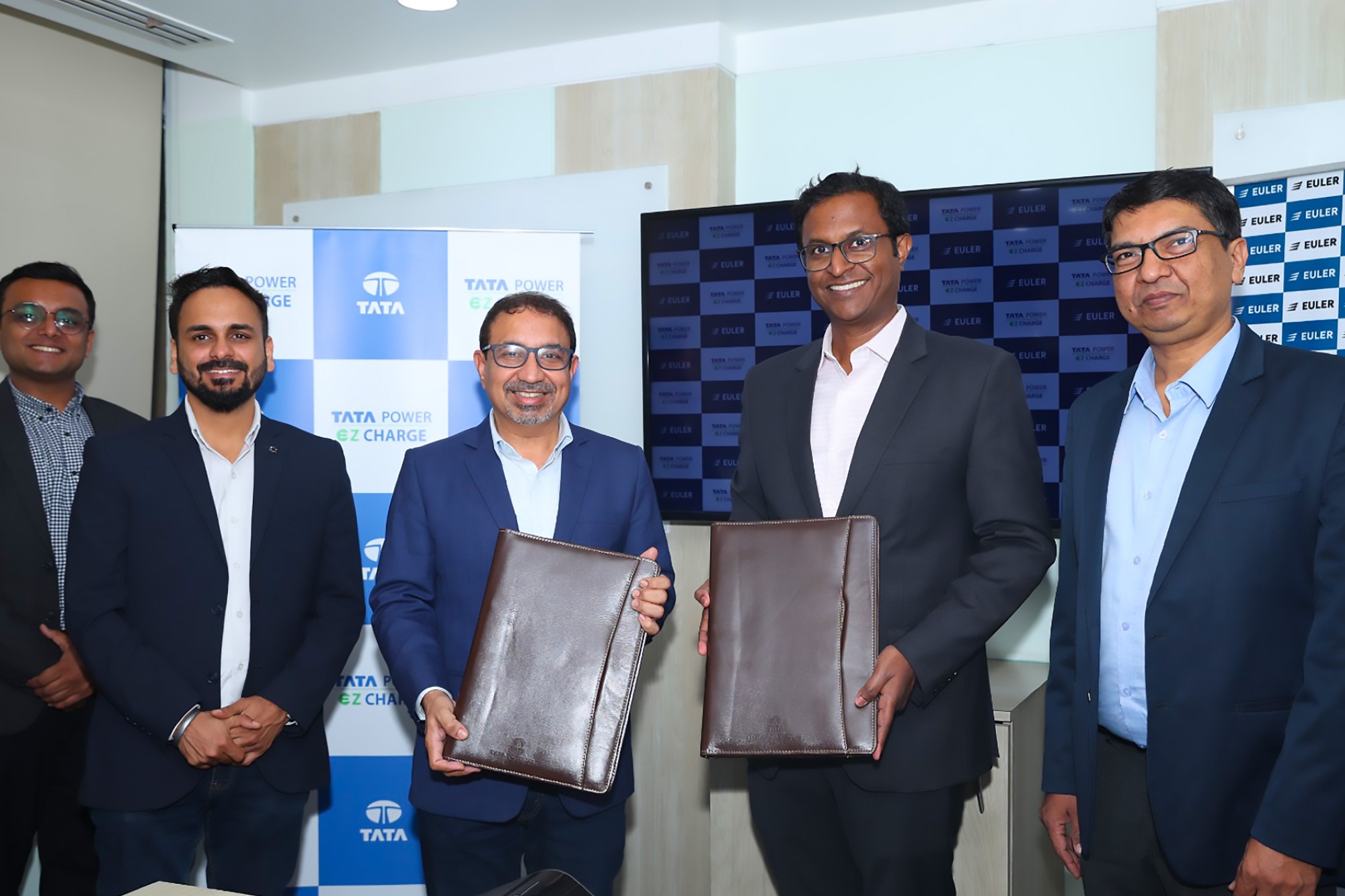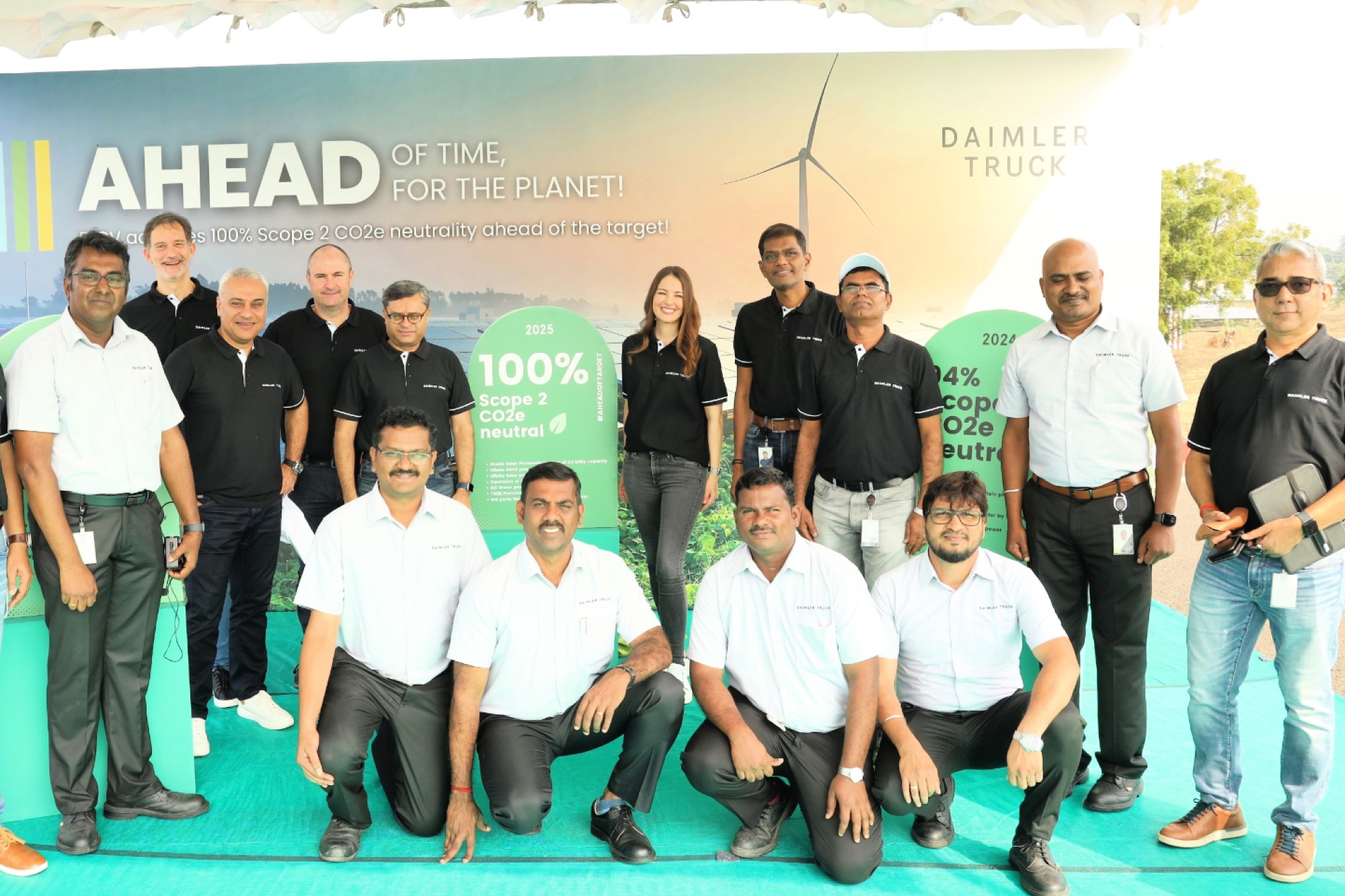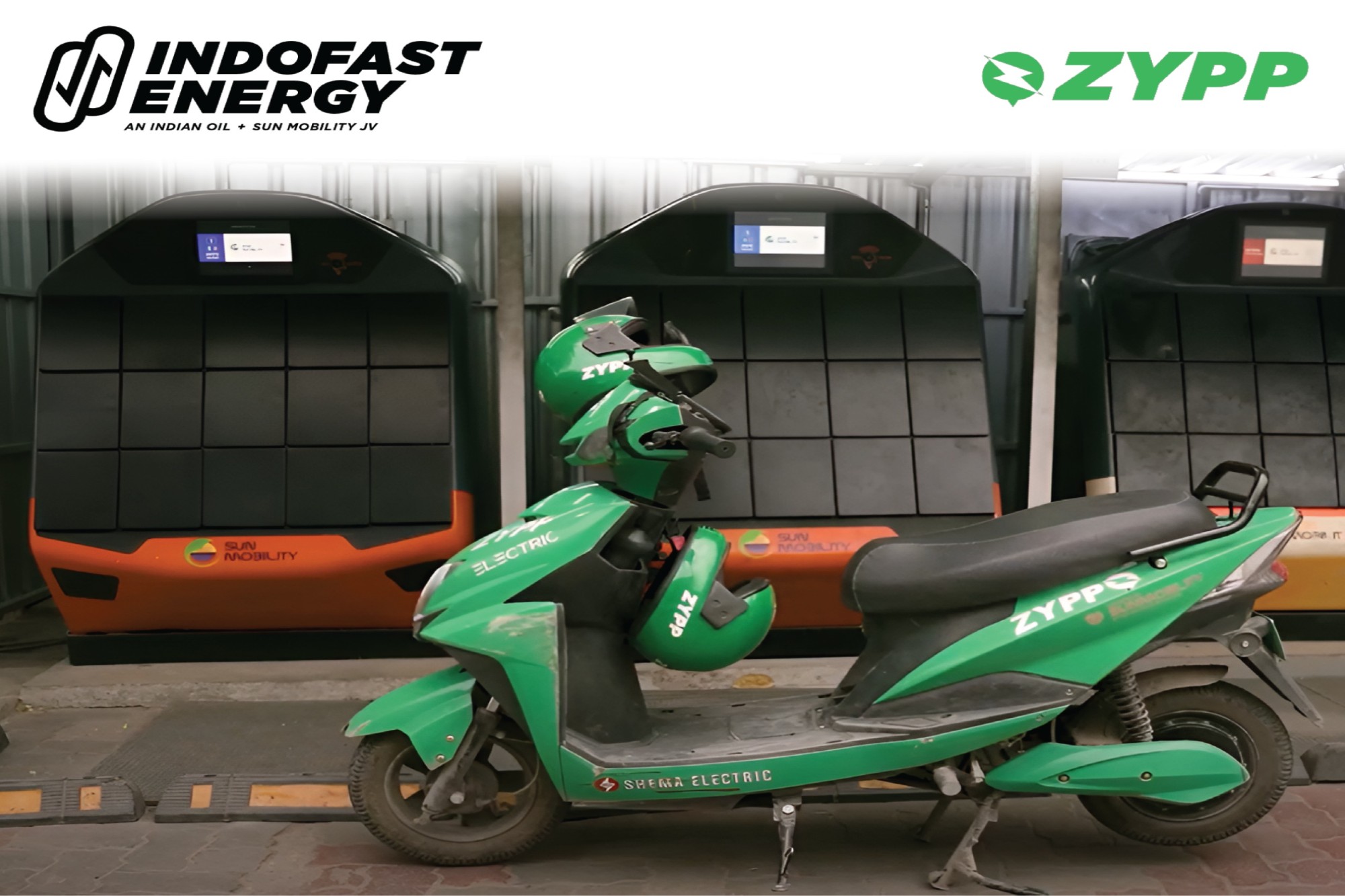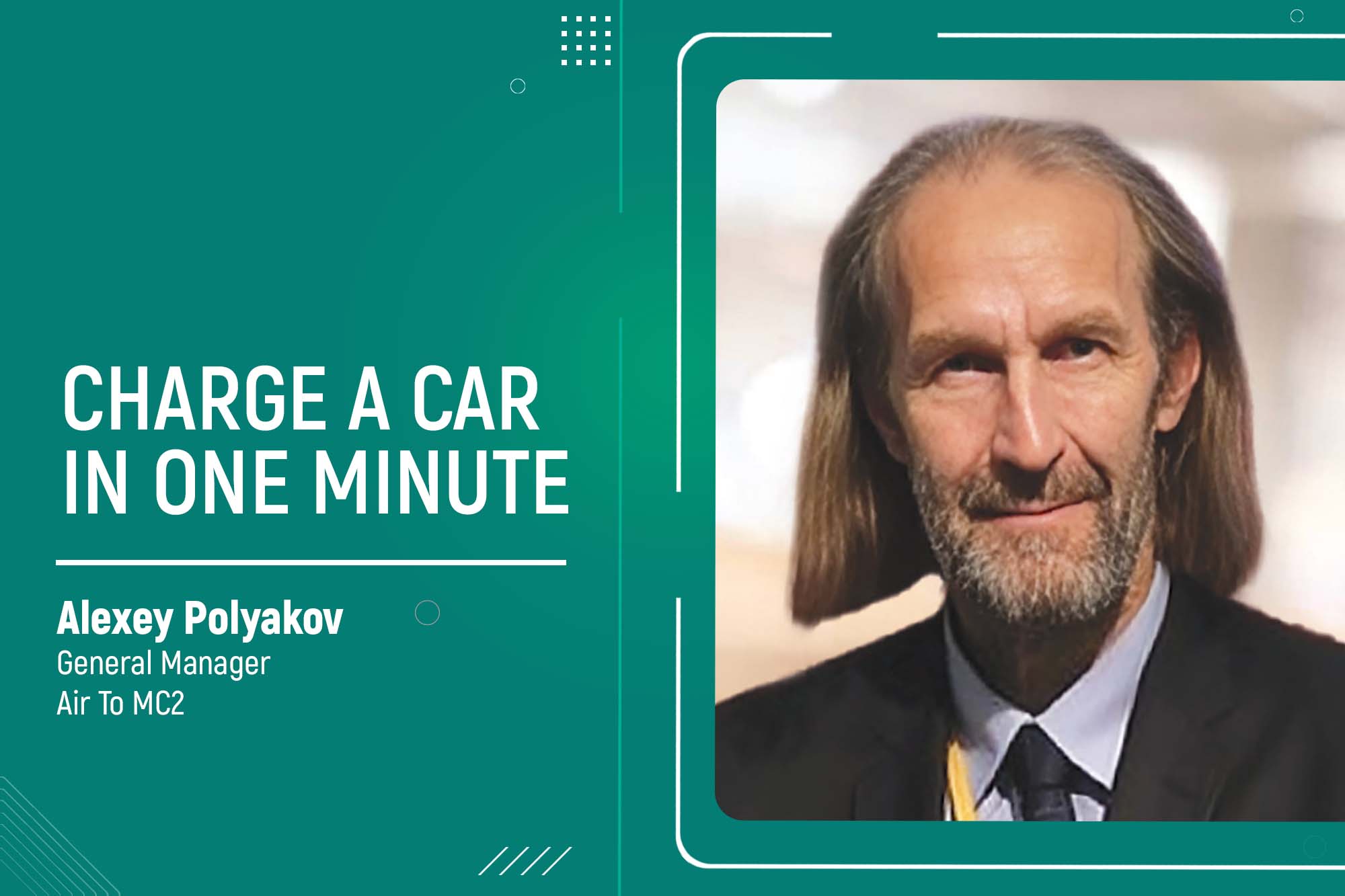Augmentation of driverless AI-autonomous vehicles
By Staff Report November 11, 2024 6:28 pm IST
Tesla unveiled its long-awaited robotaxi at a Burbank, California, event. Production is expected to begin in 2026 and cost less than $30,000.
At an event in Burbank, California, Tesla CEO Elon Musk disclosed prototypes of the Cybercab, the company’s new robotaxi. Production is expected to begin in 2026, with the vehicle expected to cost less than $30,000. Musk arrived on stage in one of the prototypes, showcasing its futuristic design and predicting a shift in focus from low-priced mass-market cars to robotic vehicles. He also announced an autonomous van called Robovan that can carry up to 20 people and goods but did not reveal its price or production schedule.
Robotaxis, a technology developed by Elon Musk, could take years to establish due to safety and reliability issues. However, Musk claimed that autonomous cars could be 10 times safer than humans and drive five to 10 times longer. People can regain their time with autonomy despite challenges like inclement weather, complex intersections, and pedestrian behaviour.
Cybercab/Robotaxi
Tesla’s self-driving Cybercab will be priced under $30,000, which is lower than the current Model 3 Sedan’s starting price of $42,000. However, Tesla’s history of overpromising and underdelivering on vehicle pricing, such as the Cybertruck, raises questions about whether the Cybercab will meet its anticipated price, as potential buyers remain cautious based on past experiences with the company.
The Cybercab robotaxi, with gull-wing doors and limited seating for two, uses cameras and artificial intelligence for navigation. It avoids common competitor hardware and charging ports and uses inductive charging for convenience.
In addition to the Cybercab, Tesla revealed a Robovan concept, a larger autonomous vehicle capable of transporting up to 20 people. Both vehicles signal Tesla’s expansion into the market, with the Cybercab being a more affordable option for consumers seeking self-driving cars through the Tesla network.
The company also plans to create a fleet of self-driving Tesla taxis, which can be hailed via an app, and Tesla owners can list their vehicles as part-time taxis. According to reports, the Robotaxi model is a futuristic two-seater with butterfly doors. It targets established autonomous taxi services like Waymo and Cruise.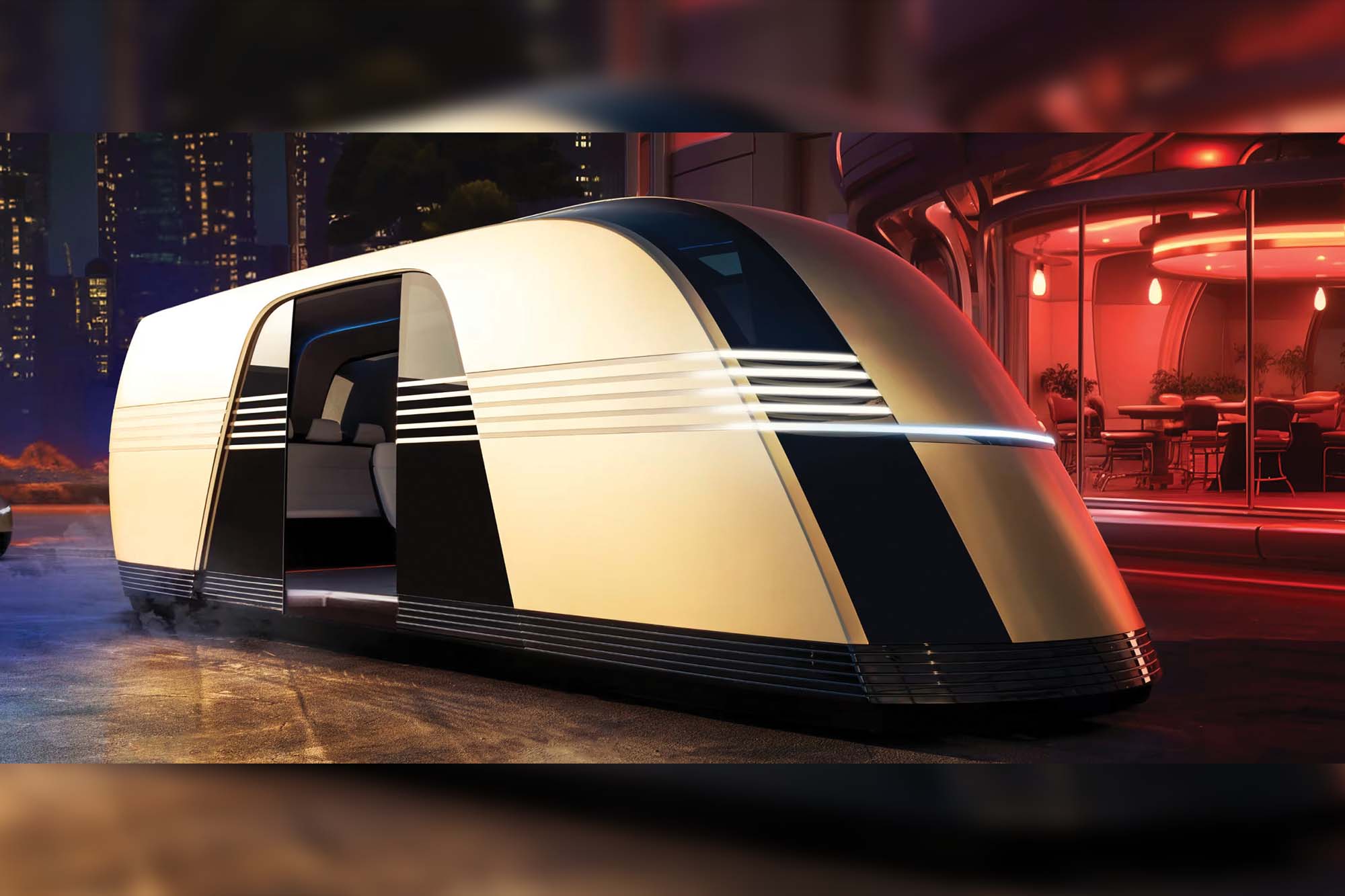
Advancements in the automotive industry also elevate Indians since it is a wide domain for manufacturers. Piyush Yenorkar from L’ATELIER24 shares, “As exciting as these developments are global, I’m keen to see how India will embrace this technology. Tesla has expressed interest in entering the Indian market, but the big question is—will Nitin Gadkari give the green light for Tesla’s operations here? India’s push towards electric vehicles could be a game-changer for the country’s auto industry, but we still await official decisions.” Many other news viewers share the same concerns. However, India is unlikely to have the same early adoption levels as the US, Europe and China for driverless vehicles due to the lack of infrastructure.
India has a large workforce in the taxi and logistics industries. This could lead to economic consequences, including the necessity for workforce retraining in the transportation sector. Bringing this technology to a country like India, with a population of 1.4 billion and a large workforce reliant on driving jobs, the stakes are high. Amit Singh from Wepsol shares, “Even if Tesla’s vision materialises in the West, countries like India may face greater economic and social impacts. Is the workforce ready for such a shift, or will this exacerbate unemployment?”
Challenges
Tesla’s ambitious vision for autonomous transport faces challenges, including safety, which is crucial for full autonomy. Despite AI and sensor technology advancements, concerns persist about the system’s ability to handle “edge cases.” Consistently making safe decisions is important for gaining regulatory approval and public trust, as autonomous vehicles must consistently navigate these unpredictable situations.
Tesla’s Cybercab’s target price of under $30,000 raises doubts among analysts about its ability to meet this goal without external financial support or manufacturing cost reductions. Regulatory challenges persist, with approval processes varying across regions, such as California, where stringent safety requirements could delay deployment and areas lacking a regulatory framework, making broad rollout difficult.
Cookie Consent
We use cookies to personalize your experience. By continuing to visit this website you agree to our Terms & Conditions, Privacy Policy and Cookie Policy.



